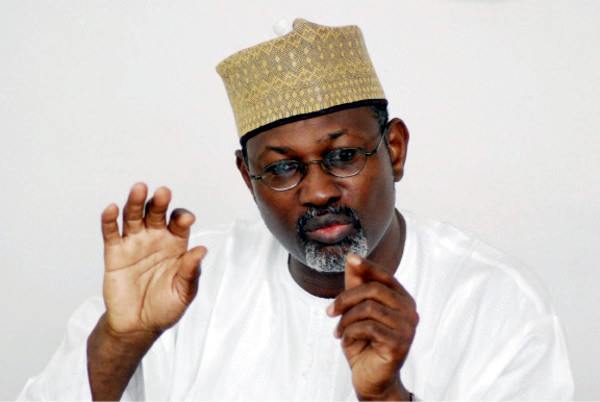Top Stories
Don’t do everything IMF, World Bank ask you to – Jega tells Tinubu

An erstwhile Chairman of the Independent National Electoral Commission, INEC, Prof. Attahiru Jega, has urged the Nigerian government not to take every advice offered by the Bretton Woods institutions – the World Bank and the International Monetary Fund, IMF.
Jega said while it is good and useful to engage with the institutions, the government must be careful not to plunge the country into a long-term problem.
The former INEC boss gave this advice while speaking at the ongoing 2024 Annual Directors’ Conference with the theme, ‘Good Governance as a Catalyst for Economic Recovery, Growth, and Development’, organised by the Chartered Institute of Directors of Nigeria, CIoD.
He also called for a reform of the leadership recruitment process, saying the major challenge confronting Nigeria is that most of the leaders are not prepared for leadership.
The Bretton Woods institutions have been accused of advising President Bola Tinubu on present economic policies, especially the removal of subsidy from PMS as well as the floating of the naira, which have plunged the country into inflationary pressures.
The hardship in the country has been blamed on the ‘anti-people’ policies suggested by the World Bank and IMF.
But the IMF’s African Region Director, Abebe Selassie, had, at a briefing on the sidelines of the IMF and World Bank Annual Meetings in Washington DC, US, claimed that the organisation did not advise Tinubu to remove fuel subsidy.
“The decision was a domestic one. It was President Tinubu’s decision. We don’t have programmes in Nigeria. Our role is limited to regular dialogue, as we have with other nations like Japan or the UK,” he said.
Jega advised Nigerians to pay serious attention to nurturing and entrenching democratic governance, rather than merely good governance, as being promoted by the World Bank.
“This is the only way to place Nigeria on a sustainable trajectory of what I call ‘People-oriented development processes.’
Jega reiterated that while it is good to engage the World Bank and other organizations, “we should not swallow hook, line, and sinker what they bring to us”.
“We must be very careful in terms of what measures they have suggested to us because if we don’t do that we may advertently or inadvertently fall into greater medium and longer-term problems even if we think we are seeing short-term benefits from that kind of engagement,” he stressed.

